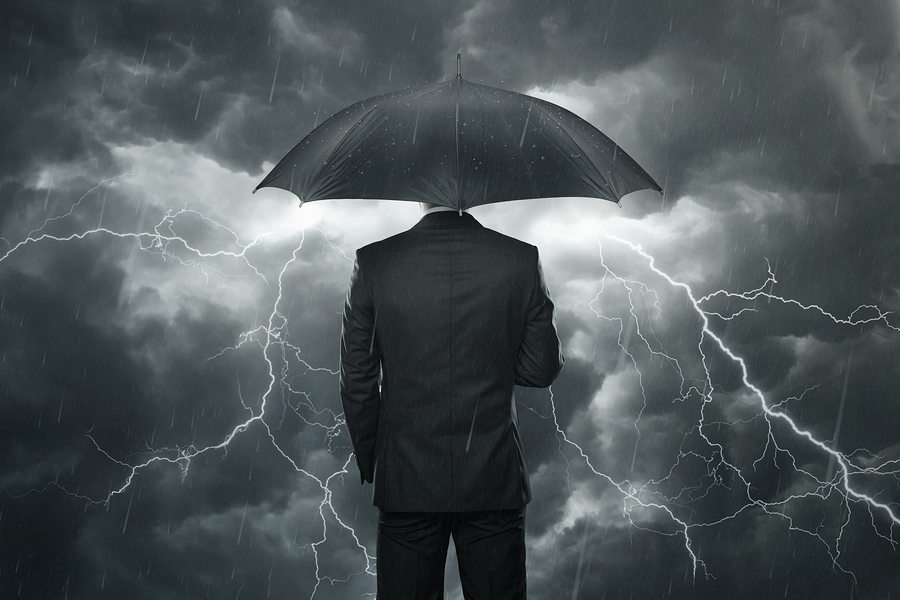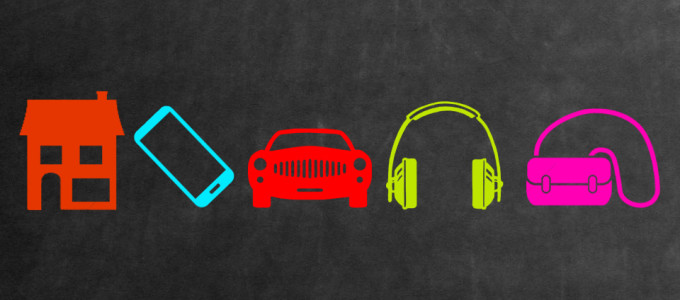
Crisis management 2
Last week, we looked at the problems and effects of disasters and crisis situations. This week we look at how one can deal with these situations as a rescuer and helper. There are a few goals, which are directed at intervention in the immediate crisis, and few aimed at interventions in the long-term crisis reactions. The first goal should be to help the victim reestablish a sense of safety and security. Provide them with a safety from physical harm. Protect them from unwanted invasions of their personal spaces and homes. Meet their basic needs for food, shelter and clothes. These activities are to nurture a victim who is in a childlike state of dependence. Help them make small decisions or take responsibility for some issues that they face to regain a sense of self-determination. Give them emotional rest. The second goal is to validate their responses to the disasters. Ask them to describe their reactions and responses. These may reveal their feelings about the tragedy. The next goal is help them prepare for the aftermath of the problem. Predict for them the problems, issues and concerns they will face in the future, and to help them prepare for dealing with them. This prediction and preparation helps them regain control over their lives and is particularly responsive to the need to restore order in the midst of chaos. Prediction should include all practical issues that seem relevant; relocation (for disasters like earthquake, burnt homes, floods), financial concerns (insurance), legal issues, medical issues, media interventions, religious problems and so forth. Sometimes you may be faced with no answers to questions yourself, so offer to help them get the answers. The important aspect is to give a prediction of the normal crisis and stress reactions to the crisis while emphasizing that he may experience none of the symptoms described. Prediction should also include the possible reactions of significant others and casual acquaintances (including the common experience of finding warmth and sympathy initially but seeing that give way to attitudes of “you should be over that by now”.) There should be an identification of people whom they can turn to when facing special problems. The next goal is to urge them to mentally rehearse the expected events in the aftermath of the tragedy. This can help them practice the reactions or behaviors to those events. Provide comfort and reassurance at each stage of the rehearsal. The final goal is to provide education and expertise to the victims and survivors. Information is a critical need in the aftermath of a tragedy. Part of that information should address practical issues or strategies of response and potential involvement with institutions with which victims may become involved. In addition, ongoing education and the development of new skills may be very useful in minimizing stress and crisis over time. Articles and books on victimization, crisis, stress and the like are often read eagerly. Audiotapes are useful in masses and for illiterate victims. You may also need to learn relaxation techniques yourself so that you can teach them or conduct them for the survivors. These can help them in sleeping and maintaining energy. You also should learn communication skills like active listening; organization of thoughts, presentation of ideas, and expressing feelings usually makes the ongoing ventilation process more productive. Problem solving exercises are also useful. New physical activities can be relieving, both physically and emotionally. Not all survivors will respond to these suggestions, but they are worthwhile for caregivers to offer. You may also need to be patient with other rescuers and caregivers, knowing that all may not be able to give support efficiently. Sometimes holding group meetings may be beneficial. The best source of validation of emotional reactions is the knowledge that others exposed to similar horrors reacted in similar ways. The sooner that you can provide help, the better it is for the survivor. You have to take care that you do not facilitate bonding for long with the victims because that can cause dependencies unless certain boundaries are established. Nevertheless, some bonding does form which lasts. You should take care that you communicate with all people irrespective of religion, caste or financial status. There are a few statements like “I am sorry this happened to you, it was not your fault, your reaction is a normal response to an abnormal event, it is understandable that you feel that, you are not going crazy, things may never be the same, but they will get better, and you can get better”. You can refrain from saying “Out of tragedies, good things happen; everything is going to be all right; you should not feel that way; time heals all wounds; you should get on with your life; you are lucky that you are alive; you are young and can go on with your life or find someone else”. Remember that the victims can become emotional and cry or become withdrawn. They may become angry and irritated with you. These reactions are not directed at you personally but at the disaster. Control yourself if these reactions happen. Help them plan their future. In our country, very few specialized institutions undertake the work for the disaster aftermath. There is also a shortage of trained personnel in the field of trauma and its mental effects. You can make a difference in the initial phases of tragedies. Therefore, it is critical that you be prepared for such interventional work.



